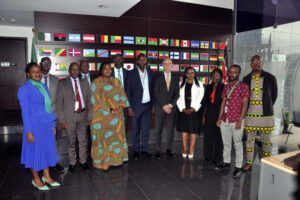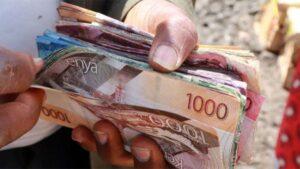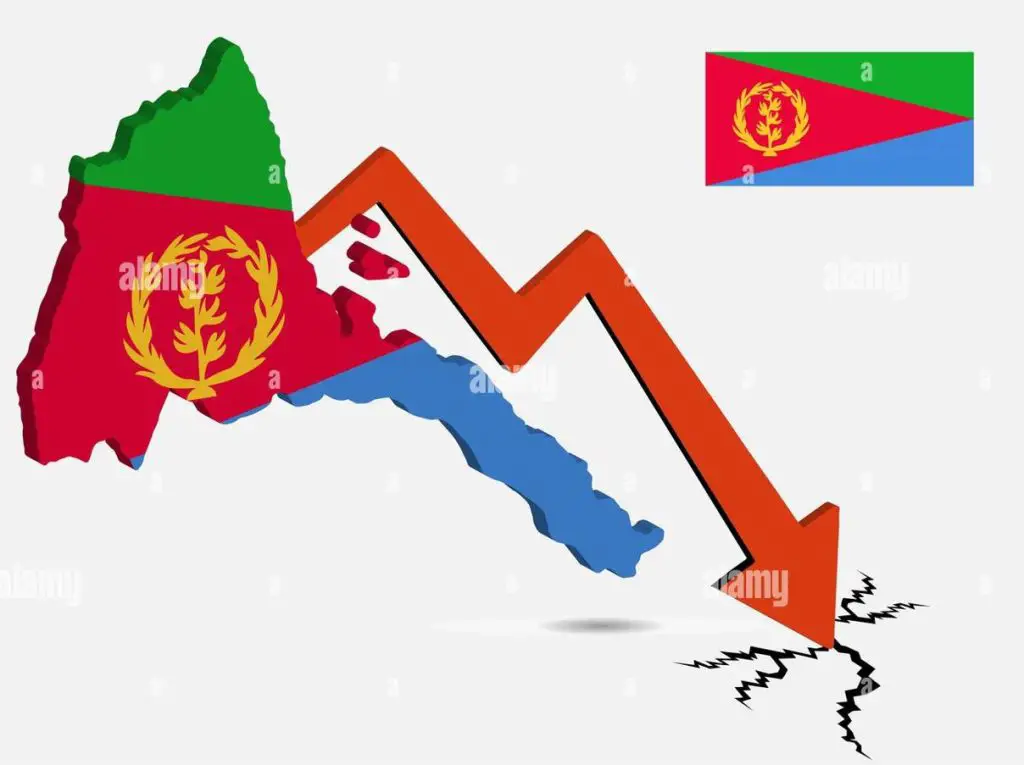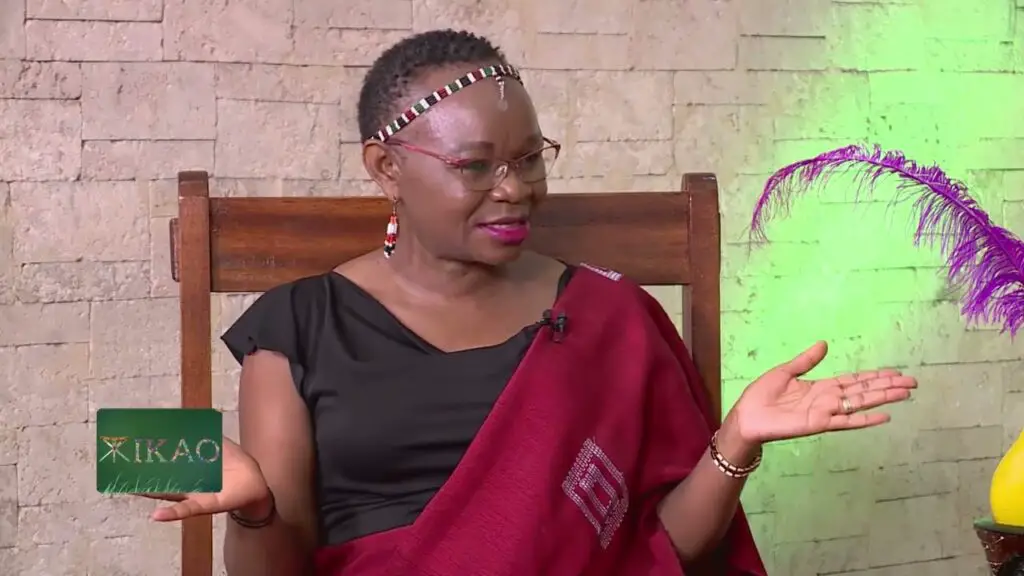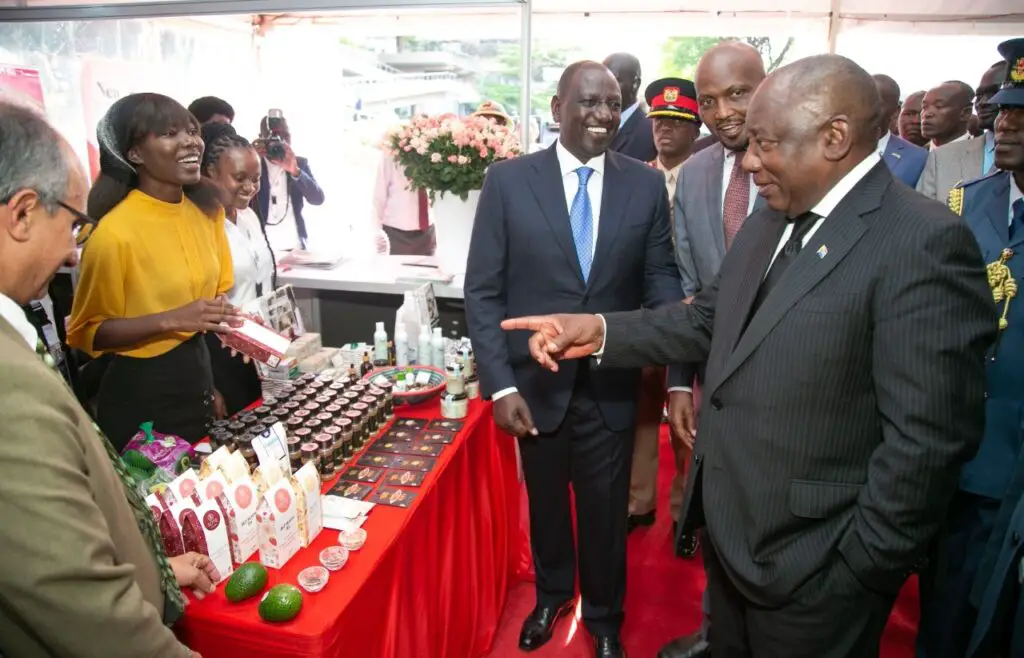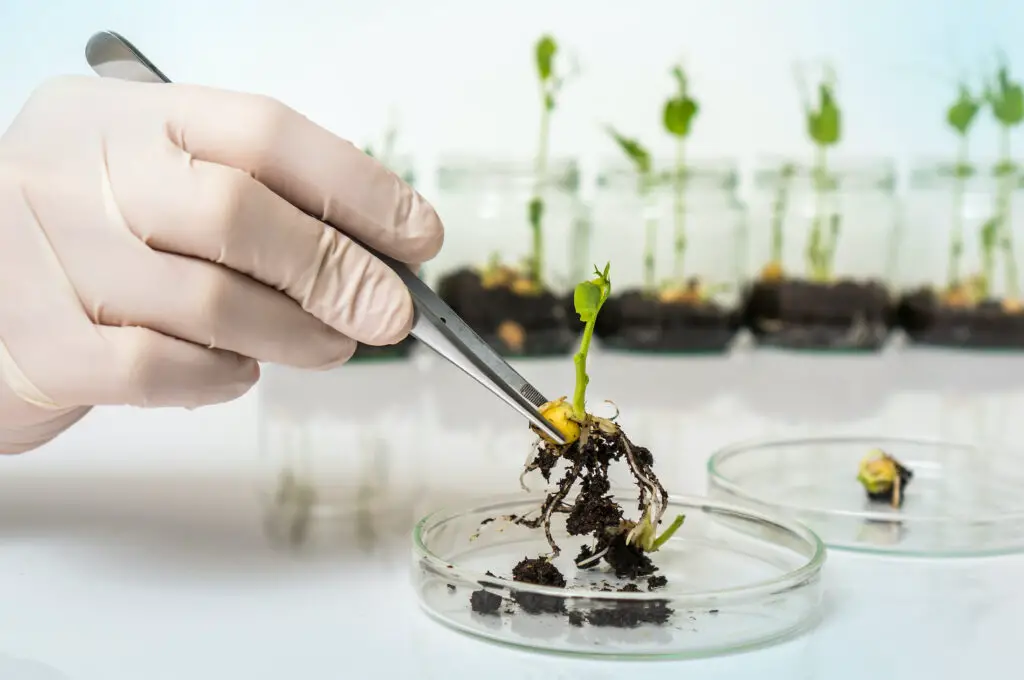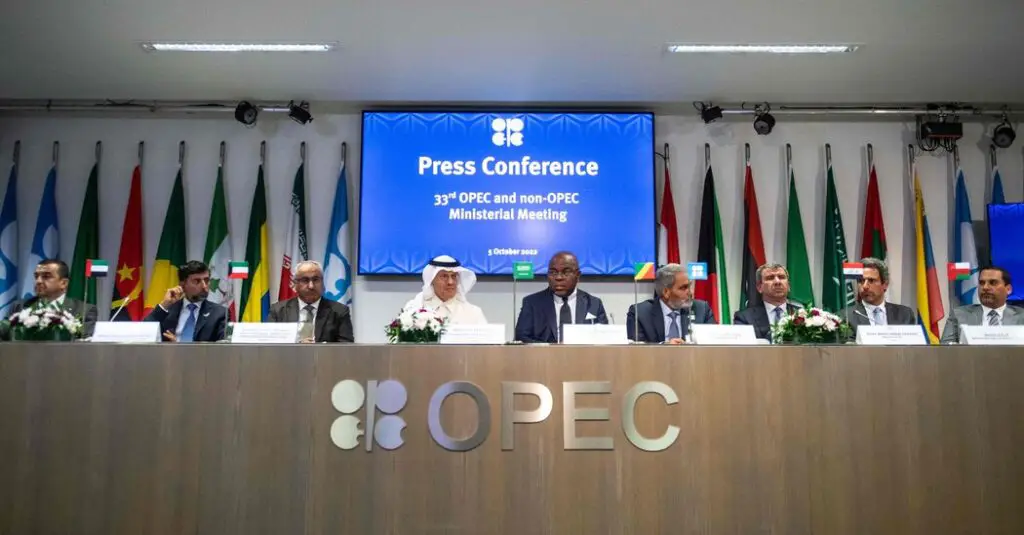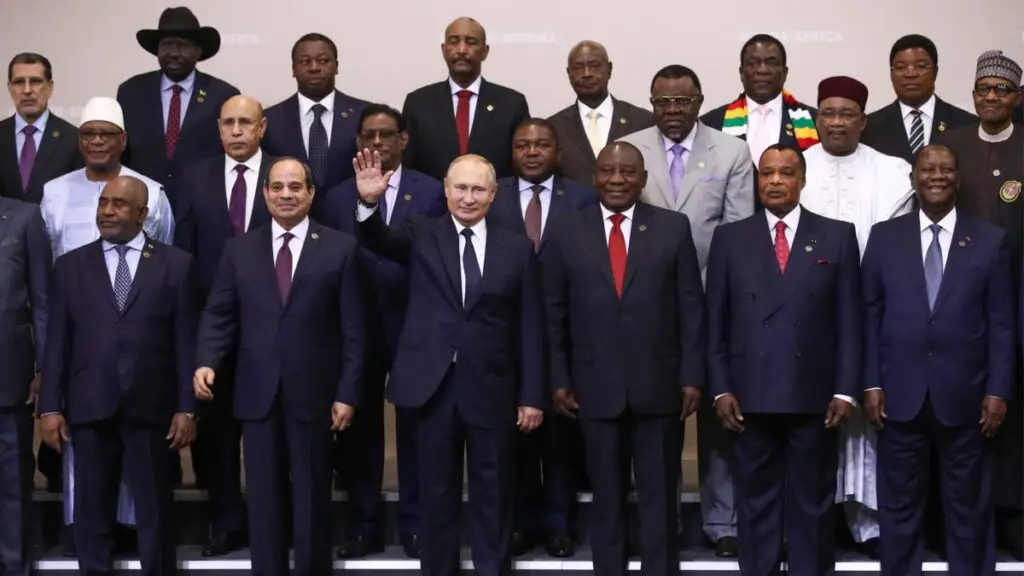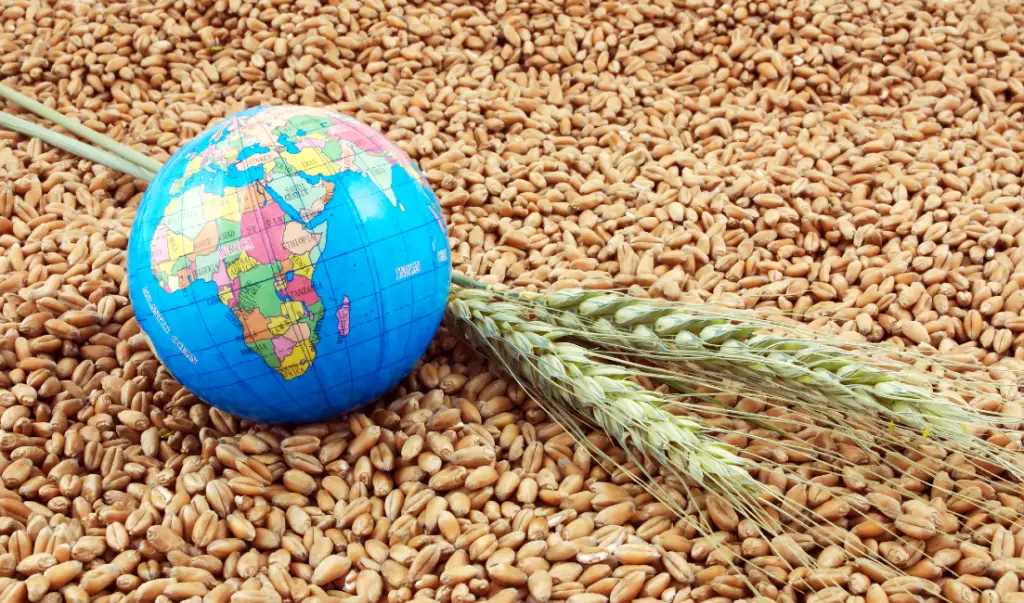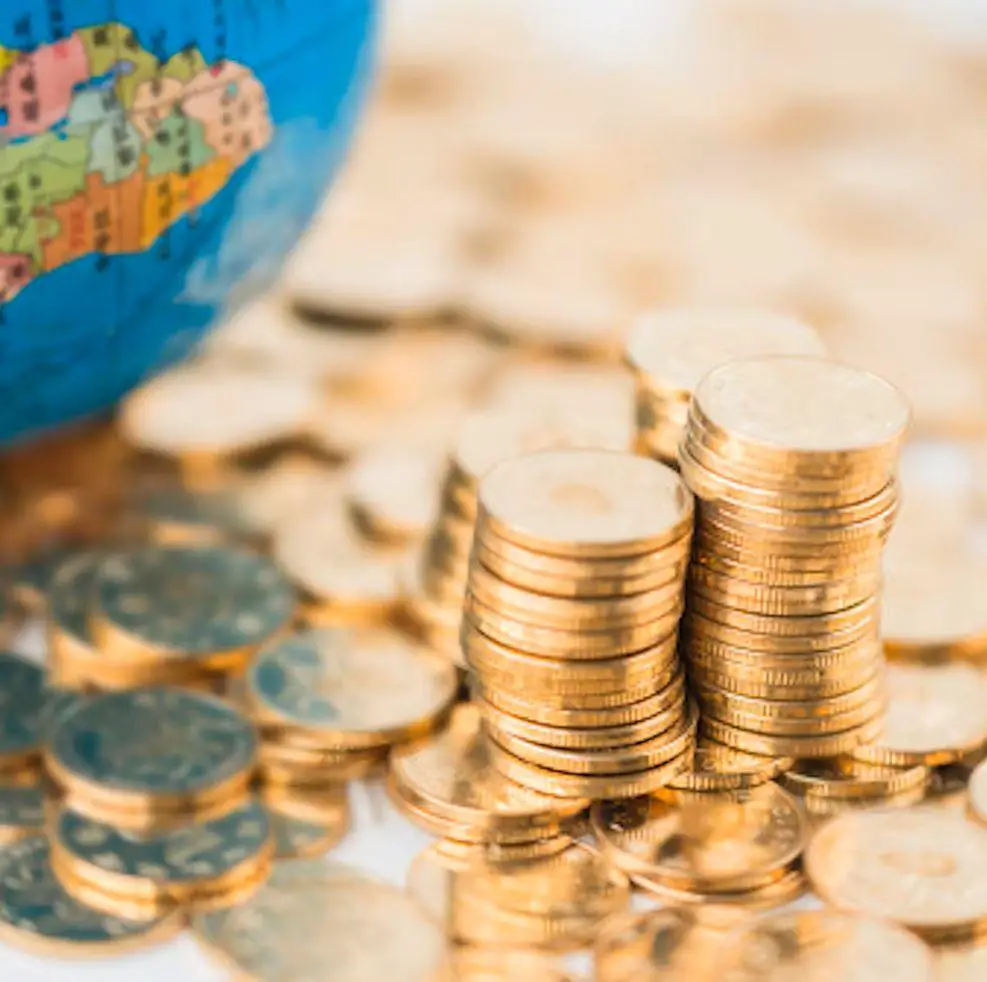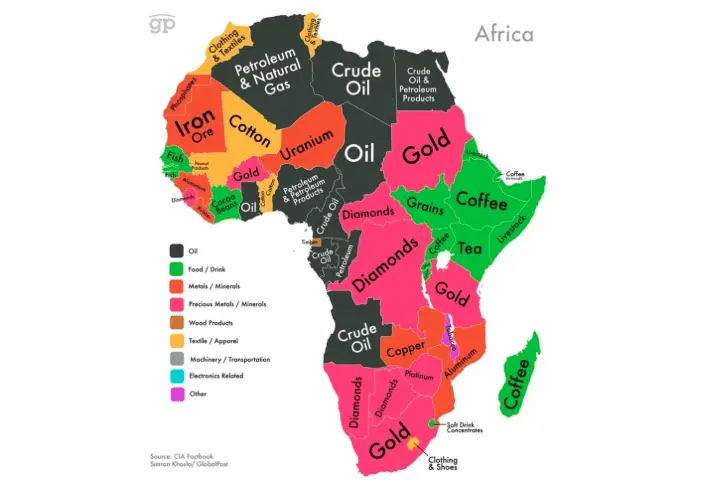- Kenyan Farmers Receive $2M Boost from Africa Fertiliser Financing Mechanism
- Brace for High Interest Rates for a Longer Period World Bank Warns Kenya
- Kenya-Ethiopia Trade Relations: Legislators Advocate for Policy Alignment to Boost Ties
- Visualising the state of debt in Africa 2024
- Abu Dhabi radiates optimism as over 300 startups join AIM Congress 2024
- TLcom Capital Raises $154 million in Funding to Boost Its African Growth
- Africa’s $824Bn debt, resource-backed opaque loans slowing growth — AfDB
- LB Investment brings $1.2 trillion portfolio display to AIM Congress spotlight
Browsing: Africa
African countries looking to anchor their currencies on either gold, or a combination of gold, precious metals, and other minerals would need to start with legislation which would make it legal for the governments of those countries to redeem paper currency with either those minerals or a derivative of those minerals.
Zimbabwe in late August began an initiative where it sold actual gold coins to its citizens which had been minted by that country’s central bank. This move was initiated to halt the slide of the currency on the parallel and official markets. This county’s policy so far has been successful in slowing down the trend of inflation which had begun to run amok.
It would be remiss to attribute the slowdown inflation to the gold coins. The country dramatically tightened its monetary policy by increasing interest rates to over 200 per cent in May 2022 and temporarily banned commercial …
Eritrea’s debt stands at 175 per cent of its GDP.
This is very high for the agriculture-based economy.
Eritrea is an outlier on the African continent. Unfortunately for the Horn of Africa country, it is not for good reasons. The nation has held on to a counterproductive form of government which has retrogressed the country economically and kept its people in poverty.
The country maintains a political system which is largely autocratic in nature and is not a democracy by any stretch of the imagination. The country was at war with Ethiopia and only recently managed to broker a peace deal which is no more than a truce to fight another day.
- Eritrea has a sovereign debt load that is nearly double the size of its GDP according to the World Bank and the IMF.
- The country has an archaic system of governance and is for that reason a negative
In the months of May to July, Ololung’a market in Narok County has always been a busy spot with various agricultural activities happening in this maize-producing area. However, this year, everything seems relaxed and just a few tractors are packed by the roadside.
The rains have not been as promising and stretches of farms lie idle, un-ploughed. Pareiyo Oloomunyak, has always planted maize on his 17-acre farm. However, this year, he has reduced the area under production as the cost of ploughing and farm inputs has almost doubled.
He expects a reduced harvest but also prays for better payments from the sales he will make. He purchased a reduced number of bags of fertilizer which he sparingly applied to his farm against the advice of agricultural experts. “You find us using less fertilizer than recommended because we still want our crops to have a little boost, and maybe supplement with …
The Kenya-South Africa visa deal will take effect on January 1.
At the time of the announcement, South African President Cyril Ramaphosa was in Kenya for his first official trip to the country at the invitation of President Ruto.
Ramaphosa said they discussed the visas issue between Kenya and South Africa to allow Kenyans to visit the Southern African nation visa-free basis.
“This will officially start on January 1, 2023, and it will be available to Kenyans for a 90-day period per year,” he said.
In addition, the Kenyan and South African leaders directed their respective trade ministers to work on removing barriers limiting trade between the two African countries. The two countries are also working to address trade barriers to increase business and trade cooperation.…
Another great example of biotechnology in agriculture is the development of biofuels. Biofuels are types of fuel that are produced from feedstock that includes wood fuel, charcoal, lumber pellets, crops, forestry residue, and industrial and municipal waste. Biofuels such as green diesel, biogas, biodiesel, and ethanol, offer cost effect and low-carbon-emitting approaches to making energy more accessible to decentralized and low-income populations.
With commitments from the Government of Tanzania and support by the Norwegian Embassy, the Tanzania Domestic Biogas Program has seen the implementation of over 12,000 biodigesters in the East African country.
In February 2022, the Mozambique’s Ministry of Agriculture and Rural Development and oil and gas supermajor, Eni, signed an agreement for the development of projects aimed at producing biofuels through agro-feedstock.…
African countries will be largely impacted by the decision by the global cartel of oil producing countries to cut oil production given that only 14 out of 54 countries in Sub-Sahara Africa produce oil, which accounts for the lion’s share of their annual export earnings.
Many African countries have to import refined oil and rely on oil products in power generation. A hike in oil prices will boost economies of oil producing countries, by gaining foreign exchange earnings to carry out development projects such as Nigeria, Angola, Gabon, Libya, Cameroon, and Congo among others.
Consequently, this will create more job opportunities and greatly aid in poverty alleviation. In addition, the revenues could be redirected to other sectors that make significant contributions to the respective economies. By example, in countries like Cameroon, Gabon and Congo, internet infrastructure and technology could largely benefit from re-investing.…
The crisis has thrown the energy market into chaos, sending fossil fuel prices soaring. This has birthed the global demand for thermal coal, especially from the Asian and European markets; with most countries in both regions having been dependent of Russia, as the country is the world’s third largest supplier of thermal coal used chiefly for power generation. Coal plants that had been scheduled for closure in Europe have been reopened, to fill the deficit in mitigating fuel costs and generating electricity; as the alternative gas, is inarguably more expensive. With energy security under threat, climate policies and commitments have taken a back seat. The EU recently declared that natural gas now qualifies for green investments.
The African coal market is projected to enjoy double its revenue for the next one year. The prevailing energy gap has created a window of opportunity for African coal producing nations. According to a …
Why is agriculture so important? The World Bank estimates that “Healthy, sustainable, and inclusive food systems are critical to achieving the world’s development goals. Agricultural development is one of the most powerful tools to end extreme poverty, boost shared prosperity, and feed a projected 9.7 billion people by 2050.
Growth in the agriculture sector is two to four times more effective in raising incomes among the poorest compared to other sectors. Agriculture is also crucial to economic growth: it accounts for 4% of global gross domestic product (GDP) and in some developing countries, it can account for more than 25% of GDP.”
Agriculture not only eliminates hunger, but its support and success will lead to the attainment of the world’s development goals, end poverty, and boost shared prosperity. CGAP, which published an article about “The Role of Financial Services in Reducing Hunger”, states that for the majority of the 1.4 …
To have only 3 of the eligible countries in Africa signing up for the initiative is tragic especially given the global economic environment of the world presently. A crippling sovereign crisis is looming on the African horizon. Catalysts of the crisis include a strong United States dollar which has been resurgent during the year.
Debt on the on the books of most African countries is denominated in the greenback and its strength will have an adverse impact on their public finances and their ability to service their loan obligations timeously.
This problem is further compounded by rising interest rates which are certain to make the cost of debt that much more expensive for countries that already cannot afford to be overextended financially.
The debt of most African countries is in the hands of private creditors who in recent time have become as important as their multilateral counterparts. These private creditors …
One of the features of many countries that are endowed with abundant natural resources is that they save less than what is expected, considering the rents obtained from extracting and selling natural resources.
If the countries saved more, they would grow at a sustainable and faster rate. To gain a better understanding of sustainable development, it is useful to examine the concept of genuine saving.
Genuine saving is defined as public and private saving at home and abroad, net of depreciation, plus current spending on education to capture changes in intangible human capital, minus depletion of natural exhaustible and renewable resources, minus damage of stock pollutants (CO2 and particulate matter).…
